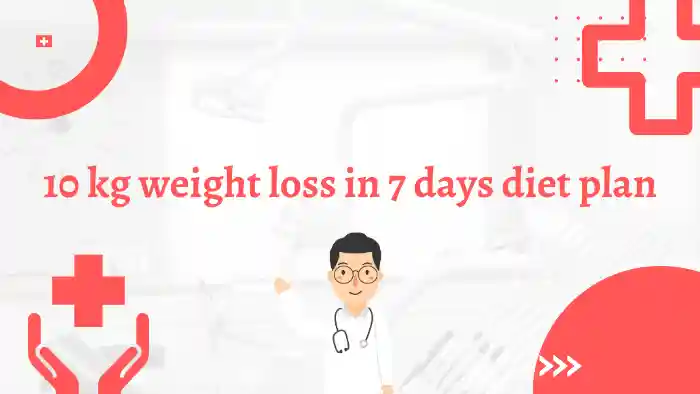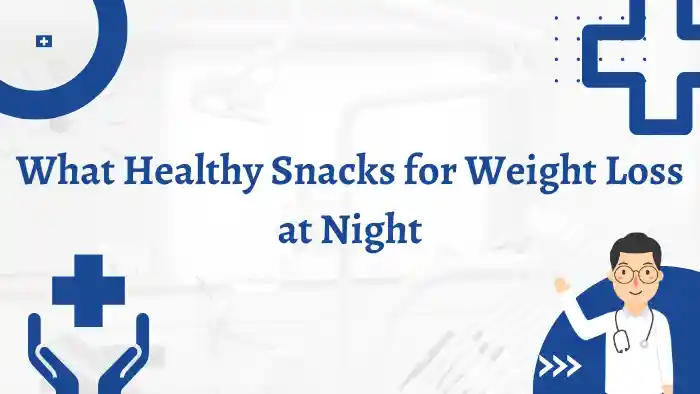I’ve struggled with losing weight for a long time and have tried many diets and meal plans to find a solution that works for me.
One popular approach lately is the “one meal a day” (OMAD) diet. It’s simple: eat one big meal each day in a one-hour period and fast for the other 23 hours.
While eating only one meal a day may seem extreme, there are many reported health benefits.
One of the main reasons people try OMAD is for weight loss. By eating fewer calories each day, the body has to burn stored fat for energy, leading to weight loss.
What is the One Meal a Day (OMAD) Diet?
I tried different diets before and was interested when I learned about the One Meal a Day (OMAD) diet. It’s easy: eat one big meal a day and fast for the other 23 hours.
This is a type of intermittent fasting, which has many health benefits.
Benefits of OMAD
The OMAD diet helps you lose weight by eating only one meal a day, which means you eat fewer calories.
It also helps burn fat for energy, which helps with weight loss. But the OMAD diet has other benefits too.
It improves insulin sensitivity, lowers blood pressure, and reduces inflammation. It may even prevent chronic diseases like diabetes, heart disease, and cancer.
The OMAD diet is simple because you can eat whatever you want during your meal. You don’t have to count calories or avoid certain foods like other diets.
This makes it easier to stick to in the long run. However, the OMAD diet may not be suitable for everyone, especially those with certain medical conditions or who are pregnant or breastfeeding.
It’s important to talk to a healthcare provider before starting any new diet or exercise routine.
How Does OMAD Diet Help in Weight Loss?
The Science Behind OMAD Diet
The OMAD diet is a simple way to lose weight. You just eat one meal a day, which reduces your calorie intake and helps with weight loss.
When you eat, your body releases insulin to process the food and store fat. By eating only one meal a day, you produce less insulin and store less fat.
The OMAD diet can also boost your metabolism because your body burns calories to process the food you eat.
Eating one meal a day gives your body more time to burn calories and increases your metabolism.
What are the Results of Eating One Meal a Day for Weight Loss?
Case Studies
I researched the effects of eating one meal a day (OMAD) for weight loss. I found case studies that reported significant weight loss results.
One study published in the International Journal of Obesity found that participants who followed an OMAD diet lost an average of 8.4 pounds over four weeks.
Another study published in the Journal of Translational Medicine found that participants who followed an OMAD diet for eight weeks lost an average of 11.9 pounds.
Success Stories
I found success stories of people who tried an OMAD diet for weight loss. For example, a woman lost 50 pounds in six months by eating one meal a day.
She felt more energized and focused and liked not having to cook multiple meals. Another man lost 20 pounds in one month on an OMAD diet.
He felt less bloated, more satisfied after his one meal, and saved money on groceries.
Overall, case studies and success stories suggest that an OMAD diet can work for some people for weight loss.
Conclusion
In conclusion, eating only one meal a day can help you lose weight by eating fewer calories, but we don’t know if it’s healthy or sustainable in the long run.
Before changing your diet, talk to a healthcare professional.
Frequently Asked Questions
Is eating one meal a day an effective way to lose weight?
It can lead to weight loss due to a reduction in overall caloric intake, but it may not be sustainable or healthy in the long term.
How many calories should I eat during my one meal a day?
It depends on your individual needs and goals, but it is recommended to consult with a healthcare professional for personalized advice.
Can I eat whatever I want during my one meal a day?
You can technically eat whatever you want, but it is important to still maintain a balanced and nutritious diet to support your overall health.
Is it safe to eat only one meal a day?
It may not be safe for everyone, especially those with certain health conditions. It is important to consult with a healthcare professional before making significant changes to your diet.
Will eating one meal a day slow down my metabolism?
It is possible that eating one meal a day could slow down your metabolism, but more research is needed to fully understand the effects.
How do I prevent feeling hungry throughout the day?
Drinking water and consuming high-fiber foods during your meal can help keep you feeling fuller for longer.
Can I still exercise while eating one meal a day?
Yes, but it is important to make sure you are consuming enough nutrients to support your physical activity.
Will I experience any negative side effects from eating one meal a day?
Possible negative side effects include fatigue, dizziness, and digestive issues. It is important to monitor your health and consult with a healthcare professional if you experience any concerning symptoms.
Can eat one meal a day lead to muscle loss?
It is possible, especially if you are not consuming enough protein or engaging in regular strength training. It is important to prioritize nutrient-dense foods and exercise to preserve muscle mass.
Should I try eating one meal a day for weight loss?
It is a personal decision and should be made with guidance from a healthcare professional. It may not be the most sustainable or healthy approach for everyone.

A Blogger, Author and Researcher! Gohar Aalam is recognized as a full-time blogger for Health and Tech Niches. I’m a Fountainhead of Gethealthup.com, will provides high quality knowledge.









1 thought on “Eating One Meal a Day: What to Expect for Weight Loss Results”